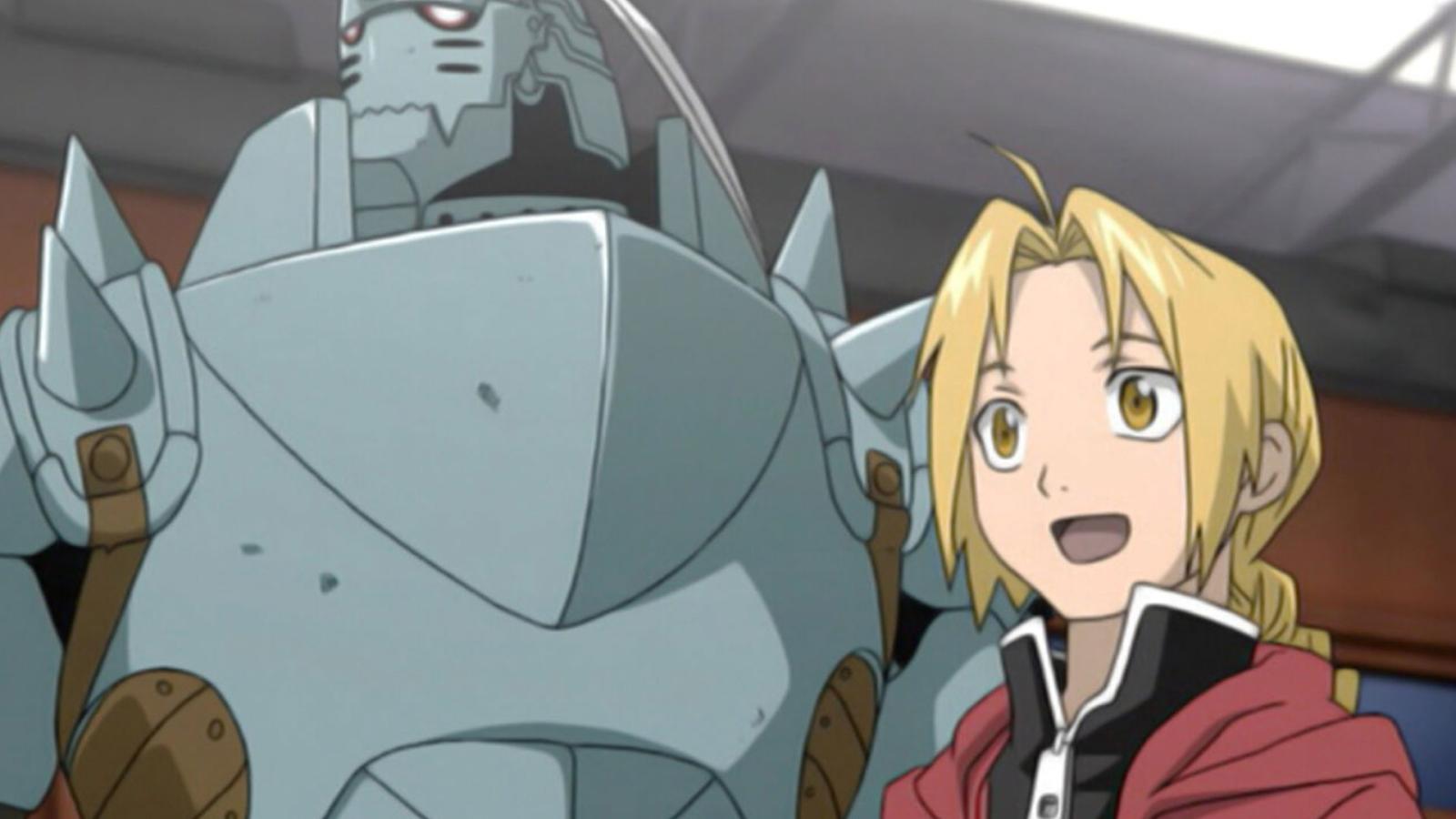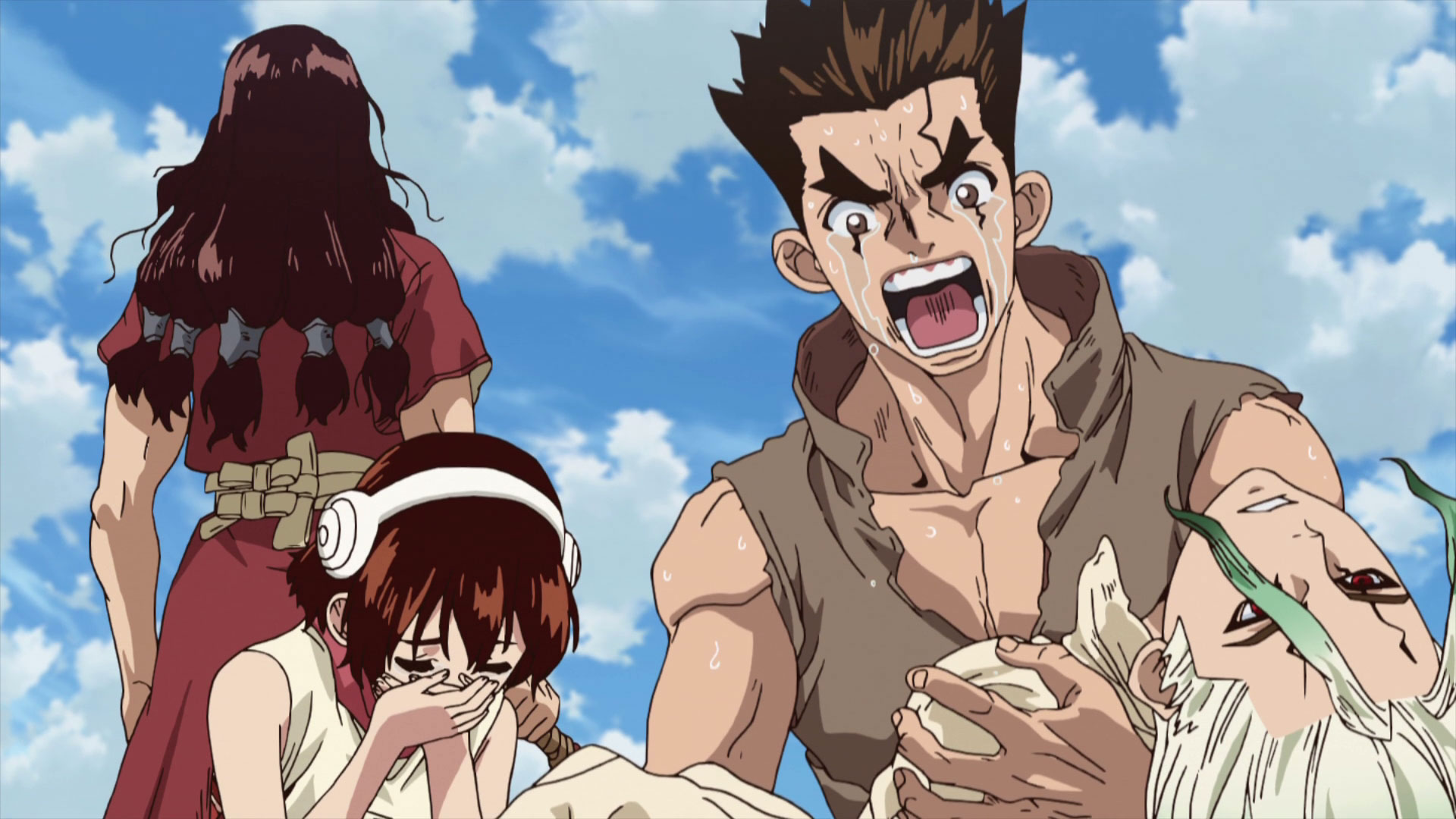Sometimes, it feels like anime never gets to its proper end these days.
Summary:
- Modern anime is often criticized for being inconclusive and having unsatisfying endings.
- While modern anime is less likely to adapt an ending of its source material, it’s also less likely to stop in the middle of events.
- In the end, it depends on the definition of “conclusive ending”.
Has anime become worse in general? The argument of “old versus new” has existed forever, and is not unique to the anime medium. Usually it boils down towards subjective opinions and pointless complaints. However, there are some legitimate points to be made from both sides. One of them is the complaint that new anime don’t have proper conclusions anymore — let’s see if this is actually true.
There’s less anime with fully conclusive finales nowadays

There is some truth to this complaint. Newer anime are significantly more likely to adapt light novels, which often go on forever — and rarely get more than one season of anime. In that sense, yes, modern anime are often inconclusive. The complaint also might refer to the fact that there is significantly less original anime (that is, anime not based on any source material). Those used to be way more common just a decade or two ago, and of course, usually had proper finales — since they had to be conclusive by their nature of anime-original stories. Manga adaptations of that time often opted for anime-original endings as well (like the 2003 Fullmetal Alchemist), a practice regarded as controversial nowadays.
Another point of view
However, one has to remember that back in the day, not all adaptations had a proper end — not even an anime-original one. A teaser for the sequel at the end only for it to never come is something many older fans will remember seeing in a lot of different anime. In that sense, nowadays, most anime at least have some sort of ending where there’s a logical pause in the narrative, for example, at the end of an arc (most modern shounen adaptations are like that, for example, Jujutsu Kaisen or Dr. Stone). Moreover, anime is more likely to get a sequel nowadays.
There’s no one true answer to this question
.jpg)
Overall, this might just be a question of preference. While newer anime are less likely to have a conclusive, satisfying ending that ends all the plot lines, they are also less likely to have no ending at all. It all boils down to what you really consider a proper ending for an anime and if you’re satisfied with it ending at the end of an arc or a volume. Also, even nowadays, some franchises are being fully adapted, like Mushoku Tensei (the studio behind it plans to adapt all the light novels) — it just takes more time to animate an epic tale of such length. In the end, many people just treat this as another point in the argument of “old anime is better/worse than new anime”, which is pointless in the first place.

